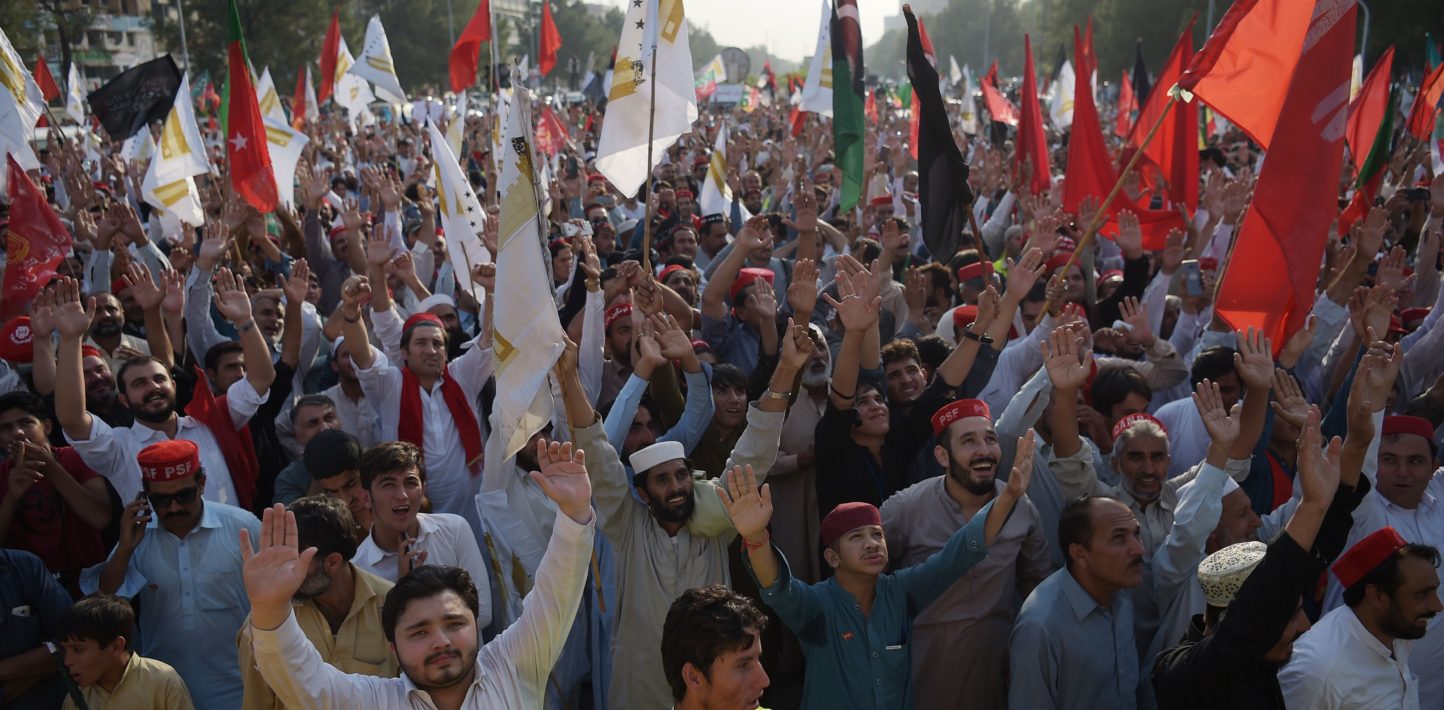Pakistan has secured historic advances for the rights of people in the tribal areas along the Afghan border with the passage of a new constitutional amendment that breaks with disgraceful laws rooted in the colonial era, Amnesty International said today.
The passage of the constitutional amendment marks the second time this month that the Pakistani parliament has united across deep political divides on key human rights issues, coming on the heels of the Transgender Persons (Protection of Rights) Act.
This is an historic moment that ends more than a century and a half of colonial-era draconian laws for people in the tribal areas. They can finally enjoy the same constitutional rights as other Pakistanis, breaking with a disgraceful past of arbitrary and punitive rule
Omar Waraich
“This is an historic moment that ends more than a century and a half of colonial-era draconian laws for people in the tribal areas. They can finally enjoy the same constitutional rights as other Pakistanis, breaking with a disgraceful past of arbitrary and punitive rule,” said Omar Waraich, Deputy Director for South Asia at Amnesty International.
The constitutional amendment brings to an end the notorious Frontier Crimes Regulation (FCR), imposed under British rule in the 1850s. Under the FCR, people in the tribal areas were explicitly denied their right to appeal their detention, the right to legal representation, and their right to present evidence in their defence – sanctioning a wide-ranging series of human rights violations.
With this amendment, the Federally Administered Tribal Areas will merge into the northwest province of Khyber-Pakhtunkhwa, bringing the territories under the Pakistani Constitution for the first time.
Pakistan is now the first country in Asia and one of the very few in the world that recognizes the self-perceived gender identity of transgender people
Omar Waraich
Earlier this month, on 5 May 2018, ruling and opposition parties came together to pass one of the most progressive pieces of legislation in the world when it comes to transgender rights.
“Pakistan is now the first country in Asia and one of the very few in the world that recognizes the self-perceived gender identity of transgender people. They can now obtain official documents that reflect their gender identity, and thus fully participate in society, without discrimination,” said Omar Waraich.
“While much more still needs to be done to ensure the rights of both communities, this was a rare moment in which the constantly battling political forces found the will to address human rights in Pakistan.”



